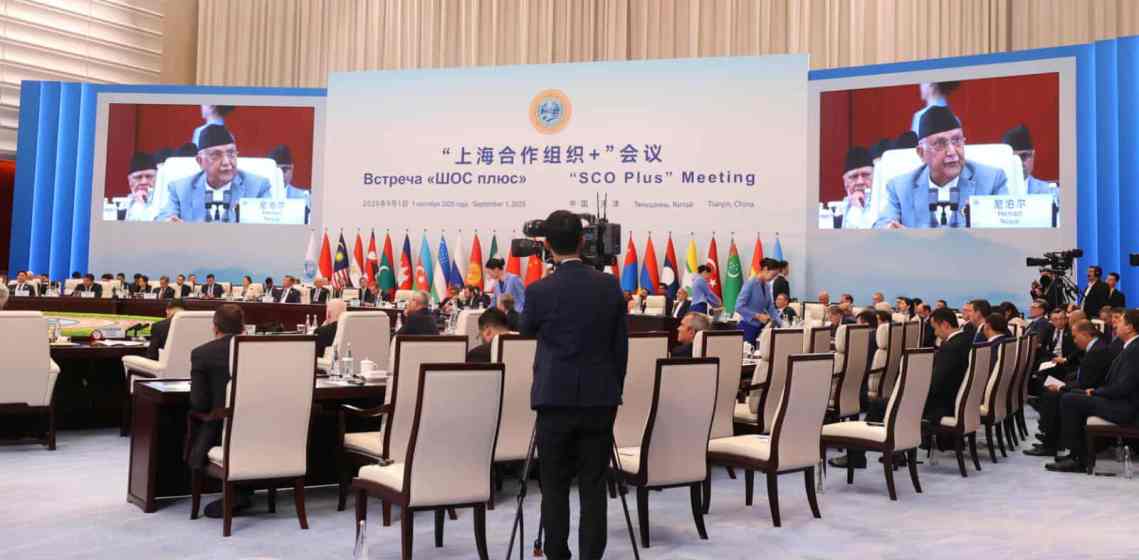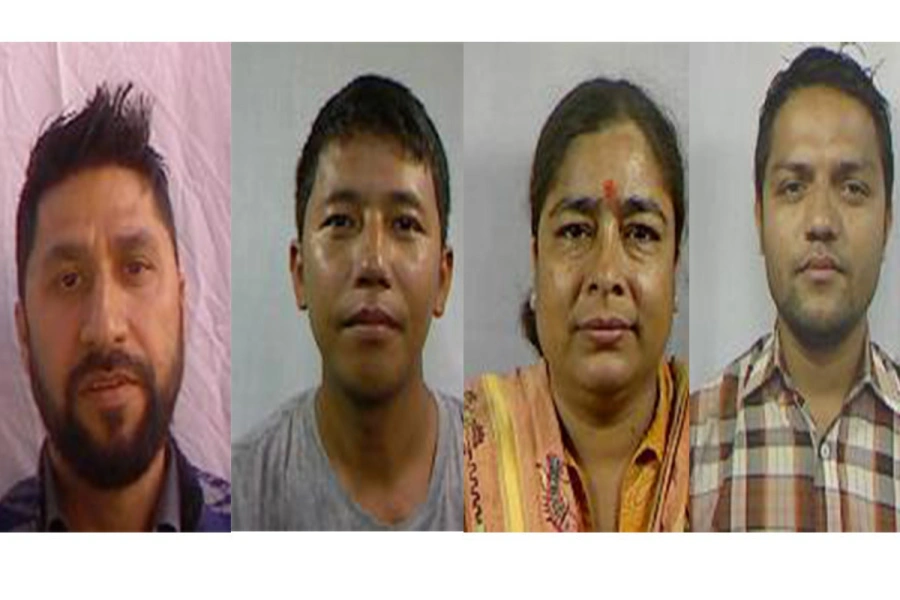Joe Biden is not expected to renounce all of the foreign policy approaches of President Trump. Yet, it is anticipated that multilateralism will steer American foreign policy again.
After the election victory, US President-elect Joe Biden has said the US would be "ready to lead" the world again. Withdrawing from Trump's 'America First' policy, Biden has promised to work together with America's friends and allies. His recent nomination of foreign policy and national security team also suggests that he is seriously moving towards multilateralism, away from President Trump's unilateralist approach.
Although an internationalist and institutionalist, Joe Biden is not expected to renounce all of the foreign policy approaches of President Trump. Yet, it is anticipated that multilateralism will steer American foreign policy again, and international politics will reinvigorate dialogue and engagement.
It is not that the whole world disliked Trump. He actually has been very popular among his base in the US and even some other parts of the world. His bold steps to appease his population, especially the white-supremacists, are incredible.The fact that he had a neck-to-neck competition with Biden in the latest election demonstrates that a considerable number of the US population admires him. He also has been revered by many populist and authoritarian leaders who were emboldened to impose arbitrary decisions, appeasing their constituencies even without broad consensus.
Furthermore, Trump's love of America and his commitment to national interests cannot be underestimated, a source of inspiration for strongman leaderships in many nations. His ‘Make America Great Again’ (MAGA) slogan became a newfound mantra to many to realign their own foreign policy. Yet,Trump promptly made numerous risky decisions, for instance, the killing of Iranian General Qasem Soleimani, which a democratic leader, who believes in rules-based order and broader consensus, generally takes after much consultation and contemplation.
Nepal calls for revitalized multilateralism at SCO Plus summit

It is the American unilateral action that bothers most. The Trump administration's decision to withdraw from the Paris Climate Agreement, Iran nuclear deal (JCPOA), and World Health Organization(WHO) amid the Covid-19 pandemic is a flagrant example of unilateralism and is also dangerous precedence of disbelieving in science and expertise. Such one-sided actions effectively intensified the crumbling of world order that had already been decaying for some time due to similar approaches by Trump's predecessors, the Republicans and Democrats alike. MAGA was not just America First policy. In fact, it was 'America Only' policy. Owing to its affection of unilateralism and isolationism, Trump's America aggravated relations with its enemies and competitors. The US also distanced itself from friends and allies that once contributed to making the US the only superpower in the world.
Compared to the year 2016, when Trump was elected as the US President, the world is entirely different now, and it is unlikely that it would be the same again. The unilateralism and isolationism have created many fissures among friends and foes of America, which takes a lot of effort to mend for the new president.
The new administration will neither embrace idealism nor renounce American ambitions and interests. Biden will as much attempt to retain American supremacy and hegemony as Trump did, if not more.
The great power competition and focus on the Indo-Pacific region will continue to be part and parcel of the US strategy. However, approaches will be different. As Biden promised during election debates and various interactions, he would try to pursue all these through multilateralism and engagement with friends and allies. Instead of mere bullying, his America would compete with China through legitimate means and collaboration with global institutions. The President-elect would endeavor to reform international organizations such as the World Health Organization and the World Trade Organization (WTO) to make them more useful and relevant than abandoning altogether. In a nutshell, he would believe in dialogue and diplomacy and would not shun science and conscience.
The world has changed significantly in the twenty-first century—after the decline of America and the 'rise of the rest.' In fact, the US is the one that had engineered to arrive at the current global-architecture. And, the new structure bears the essence of post-World War II's world order in its core. Most countries believe that the rules-based international order is central to global politics and the basis of their foreign policy. The spirit of democracy and human rights have been widely accepted, albeit not fully embraced by all. During American global leadership, many developing countries were able to elevate a massive population out of poverty, the most striking example being China. As a result, the world has become a much better place compared to a few decades earlier. But, the equilibrium of the world order is undeniably not the same.
While many political scientists advocate that the world is multi-polar, and some even argue it is polycentric, indeed, the world is no more unipolar as it used to be following the end of the Cold War. China and some other countries' rise has made past stability invalid, and a new equilibrium is being formed. The US is no longer a superpower, and the unipolar moment has already disappeared. This is the harsh reality that America should accept.
However, it would not be implausible for the US to continuously seek global leadership while other countries aspire to become great powers. Every emerging power has a right to find its appropriate place in the existing international system by striking a new balance without overthrowing the world order that the global communities espoused after the two great human catastrophes in the twentieth century.
Most importantly, the US should embrace the new equilibrium to avoid an entirely new world order, causing more chaos and bloodshed in already disheveled global politics. Equally, the rising powers also should give up the revisionist agenda and try to find their rightful share in international politics based on current reality. That means adaptation, cooperation as well as competition among great powers. Every nation should follow the laid down rule of the game. If present regulations are outdated or not adequate, they need to work together to update or find a new one. This necessitates multilateralism and engagement, not unilateralism and isolationism.
The rising powers should also note that their new elevated position comes with responsibilities, not just authority. Like the US did in the past, they should not shy away from producing global public goods for global humanity: the immediate requirement is to provide the Covid-19 vaccine, for instance. They need to support regional and international institutions, especially the United Nations and its agencies, funds, and programs. Great powers' role in maintaining regional and international peace and stability is crucial, as they have the ability to influence their geopolitical domain. They also require to promote and nurture global governance, vital for the globalized world's functioning.
While the world is transitioning and a new equilibrium is being formed—irrespective of whether it is called a multi-polar or poly-centric world—we need to find a new balance through cooperation and free and fair competition, not through intimidation.
Collaboration and healthy competition are possible through multilateralism and engagement once the great power relinquishes unilateralism and isolationism. The result of the fresh US election may pave the way for such a possibility by creating a conducive environment for multilateralism and engagement. Let us keep our fingers crossed.







































